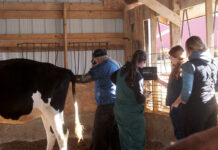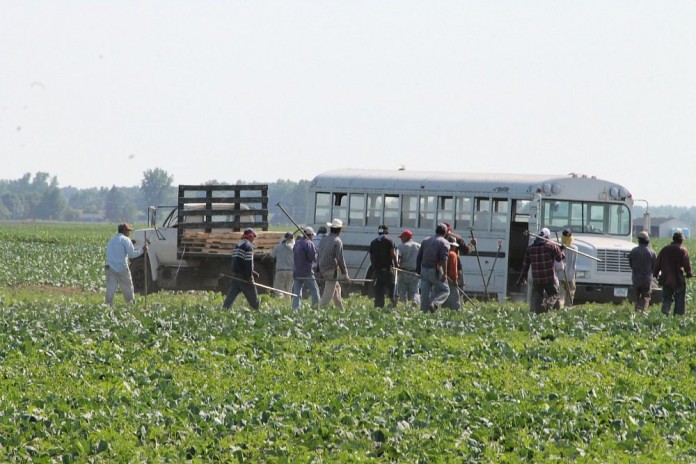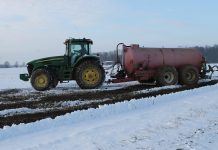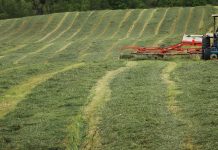I’ll be glad when a immigration reform bill, any immigration reform bill, is introduced because at least then we’ll know what’s on the table.
The negotiators of both the House and Senate immigration proposals have been hard at it — we think — behind closed doors. But that doesn’t stop supporters and opponents (of what, exactly?) and Republicans and Democrats and Senators and Representatives from weighing in on ideas, on legislative processes, and on Sen. Mark Rubio’s political ambition (Florida’s junior Senator is the most prominent Hispanic in the Republican party and more than one insider has hinted at his aspirations to the White House).
The Senate was scheduled to release its legislation proposal Tuesday as we were going to press. A hearing scheduled for Wednesday has been postponed until Friday, April 19.
But back to the immigration overhaul. The bottom line is whether or not there’s a way, or a desire, to create a path to citizenship for 11 million undocumented immigrants in this country. It’s a complex and controversial issue.
Agriculture’s bottom line — and what I’m focusing on today — is whether or not there’s a way to get a comprehensive and practical guest worker or work visa program for agriculture. A program that’s not as complex and costly for farmers to navigate as the current H-2A system, which is, bluntly, broken.
The National Council of Agricultural Employers surveyed H-2A employers and found administrative delays result in workers arriving, on average, 22 days after they’re needed. In the perishable world of agriculture, that doesn’t work. In fact, those employers figure they’ve lost nearly $320 million because of the program’s obstacles.
Agriculture is the most dependent of any industry on migrant and immigrant labor. There’s simply not a willing and adequate domestic workforce to do the job, or at least the jobs on the farms that need workers, when they need them. It may rankle us to read this, but Idaho farmer Danny Ferguson, who has four H-2A workers on his wheat, cattle and hay farm, told the Kansas City Star last year that U.S. workers “are lazy, don’t want to be there, don’t want to put in the time and don’t do anything.” We need this workforce.
One source, Farmworker Justice, estimates 55 to 75 percent of farm workers lack legal status, while others put the number at closer to 20 percent.
The Senate’s “Gang of Eight” — Sens. Schumer, McCain, Durbin, Menendez, Rubio, Bennet and Flake — released a framework for reform in January that said “agricultural workers who commit to the long-term stability of our nation’s agricultural industries will be treated differently than the rest of the undocumented population… These individuals will earn a path to citizenship through … a new agricultural worker program.”
The newly formed Agriculture Workforce Coalition, a network of general farm groups like the American Farm Bureau Federation and specific commodity groups like the National Milk Producers Federation and U.S. Apple Association, has worked with those key senators and the United Farm Workers to hammer out a general framework for the farm worker program, including wage levels, guest worker visas and worker protections.
No details were made public, although some major news sources have hinted some specifics. Reuters reported that the framework would include a wage base for six worker categories, including crop workers, livestock workers, sorters and graders in packing houses, and equipment operators.
The House may muddy the waters, not as anxious to separate the various facets of immigration reform into do-able pieces.
We are a nation of immigrants, but it’s clear we can’t continue without federal immigration reform. It’s also clear that farm employers may face labor shortages without employer-friendly guest worker programs.
You may think the issue doesn’t affect you, if you don’t employ an immigrant worker, but the impact of immigration reform on farm labor reaches us all — in the price and safety of our food, and whether or not certain food production stays in this country, period. We’d best pay attention.














Don’t we have laws on the books already for steps for legal immigration?
Did not our forefathers who came here have to jump through immigration hoops before even being admitted to America?
Why are all these “solutions” gutting laws we have on the books?
Sounds like a give-away of our most precious right: citizenship.
Ever see the hard steps and red tape in trying to get Mexican citizenship? Why is there no reciprocity here?